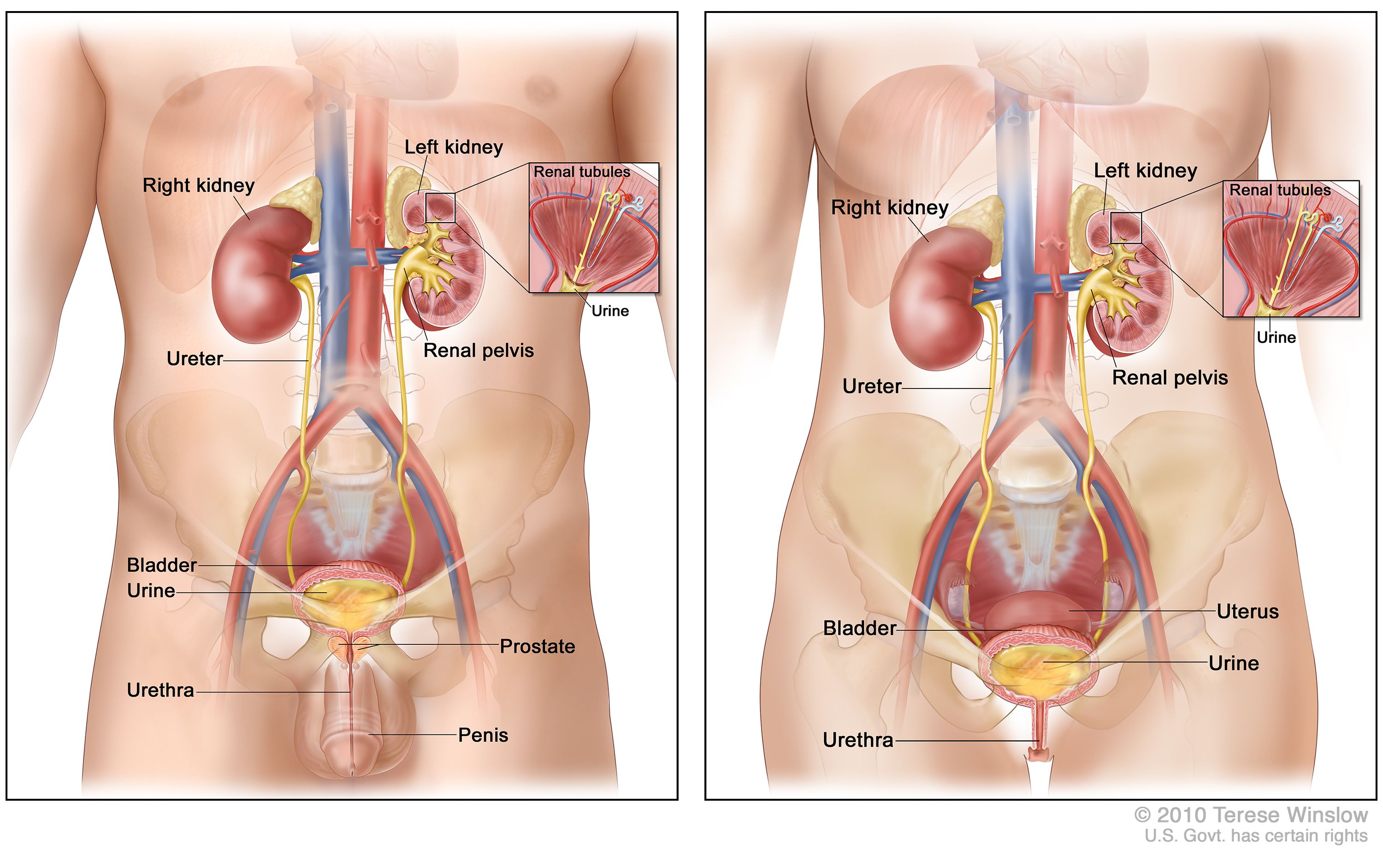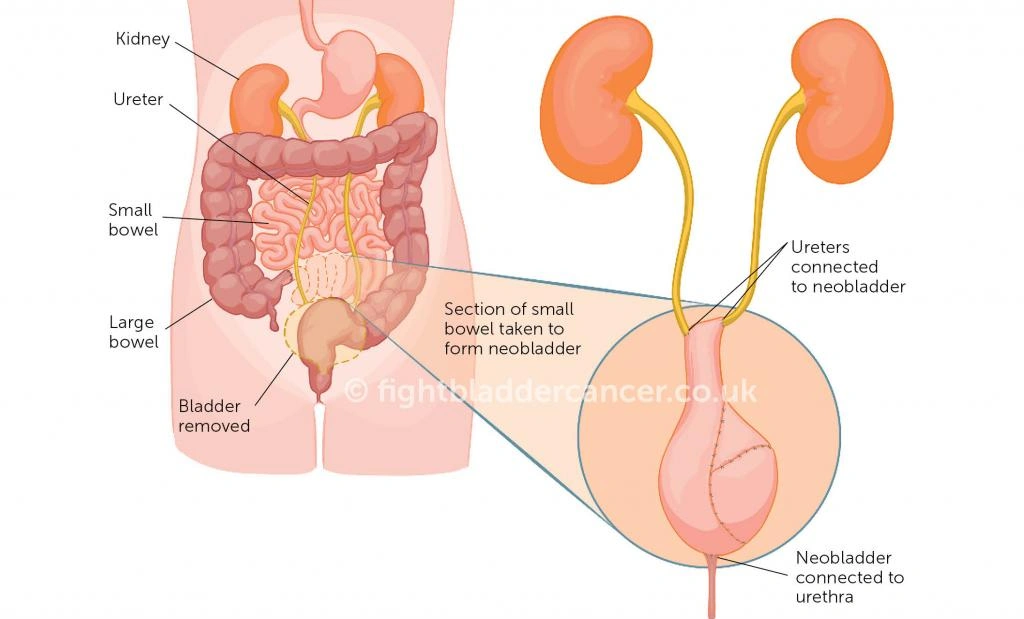
Let’s Get Real
There’s this rumor I keep hearing… “If you need your bladder removed, that’s it—game over, right?” But let’s be honest—would you be reading this if you didn’t want something better than doom-and-gloom? I’ve met a handful of people who’ve not only had their bladders removed for cancer—they’ve celebrated birthdays, taken grandkids to the zoo, even done silly things like run a 5K with a urostomy bag (fanny packs have nothing on stoma bags, trust me).
If you’re here because you—or someone you love—is facing this surgery, you want the real scoop: what’s the life expectancy after bladder removal? And, let’s be human, what’s it actually like living after? Will you ever feel “normal” again? Let’s dig in. No robot-speak. No sugar-coating. Just the best info and, sometimes, a little messiness.
What Really Shapes Your Odds?
Okay, pop quiz: Why can two people have the same operation, but totally different results? There are lots of reasons… but it often comes down to the stage of the cancer, your overall health, and how your body bounces back from the whole ordeal. It’s kind of like planting a garden: Where are you starting, and what kind of weird weather hits you afterwards?
Before you even reach surgery, doctors check how much the cancer has spread. Early stages? Way better odds (think: sunny forecast). Advanced? Cloudier… not impossible, but trickier.
How Does Cancer Stage Play Into It?
Stage matters—a lot. Here’s where the numbers start popping up: If your cancer’s caught super early (it’s called “in situ,” which basically means “in one spot and not rampaging”), the American Cancer Society says the five-year survival is about 97%. If it’s a bit deeper but still just in the bladder, you’re looking at around 72%according to the American Cancer Society.
Once the cancer starts to travel (regional lymph nodes, nearby areas)? The five-year rate dips to about 40%. And if it’s set up shop in other body parts (lungs, bones, etc.), we’re talking about 9–10% survival over five yearsas highlighted by BCAN. Still, some people beat those odds. Because, as any longtime cancer survivor will tell you, stats aren’t destiny.
Survival Rates at a Glance
| Stage | 5-Year Survival Rate | What it Means |
|---|---|---|
| In situ (very early) | 97% | Cancer hasn’t spread |
| Localized (in bladder) | 72% | Cancer confined to the bladder wall |
| Regional (nearby) | 40% | Spread to lymph nodes or nearby |
| Distant (other organs) | 9% | Spread to distant organs |
Is your head spinning yet? You’re not alone. My first reaction: “How am I supposed to live by a number?” But, these numbers matter for decisions, for hope, for honesty. And—if you want more personalized context—check out Life expectancy after bladder removal for cancer for a stage-by-stage breakdown.
Why Removal Isn’t the End—It’s a Reset
Let’s get this straight: It sounds dramatic—removing a whole organ. But modern medicine is wild (thank you, science!), and study after study shows that removing the entire bladder leads to better survival in most cancer cases than just snipping out a chunk and zapping the restas shown in UTMB’s research.
One big study of more than 3,000 patients (mostly Medicare folks, so older age range) found that going “all in” with removal gave folks a real shot at longer life, and not-terrible wallets. Bonus: it’s not just about living longer, it’s also about living better—as scary as “life with a urostomy bag” sounds at first.
Can Life Feel Normal After?
Short answer? It can. It probably won’t look exactly like before, but I’ve heard so many “holy wow, I feel good again!” stories, you wouldn’t believe. Toni, a cancer survivor, had her bladder removed in 2021… and by the time her son graduated high school a year later, she said, “I can’t believe how normal I feel. It’s honestly weird.” (Love when science and real-life line up.) A study by MSK found most of their patients got back to “pretty much me again” within two years, sometimes as soon as a few months.
One Year Later…
Okay, one friend of mine joked that her neobladder (that’s a bladder made from her own intestinal tissue!) was her “secret superpower” because she never had to wait in line for a public bathroom again. She learned the tricks—what to eat, when to drink, how to “sneakily squeeze”—and life kept humming.
Here’s what surprised her most: nobody noticed unless she brought it up. She’s traveled, swum at the Y, and worn every Halloween costume you could name.
Adjusting to Life After Surgery
Let’s talk about bodies. After bladder removal (the fancy word is “cystectomy”), your body needs a workaround for peeing. You might have:
- Neobladder – new bladder made from intestine, connects to the urethra, lets you pee “normally” (kinda… you learn new cues)
- Urostomy (conduit) – urine flows from kidneys through a piece of intestine out to a stoma (small hole) in your belly. You wear a bag outside to catch it.
- Continent reservoir – pouch inside the belly; you drain it with a tube when it’s full. No bag, but you get used to a catheter.
First reaction? “That sounds wild… do people really get used to it?” Turns out, yes. A few people even say it’s easier than their old days with constant bladder infections or bathroom emergencies.
Recovery time varies, but most folks are up and around within a few weeks. Full “life’s back to normal” mode? A couple of months for body and mind (and, honestly, figuring out how to travel with extra medical supplies!).
Small Changes, Big Wins
You will probably need to empty a bag four to six times a day, or learn the weird, new magic of “peeing on cue.” Relationships? Take a minute—then, usually, everyone settles in. Want to get back in the pool? You can. I know several people who swim, do yoga, work on their feet all day—nobody the wiser.
What helped most, they say? Knowing what to expect… and meeting someone else, even just online, who’s lived it. For the “will it come back?” anxiety, it’s worth reading Can bladder cancer return after bladder removal—honestly, it helps to know what to watch for and what’s normal.
What Else Makes a Difference?
Ready for plot twist? Life expectancy after bladder removal depends a lot on what shape you were in before surgery, how well you heal, and a bunch of other stuff.
Age matters (stats show younger folks do a little better long term)per a review in PMC, but I’ve seen stubborn grandpas outlast everyone’s expectations. Other health stuff—heart issues, diabetes, etc.—can slow you down, which is why doctors sometimes run you through more tests than an Olympic athlete before they sign off.
Can You Tip The Scales In Your Favor?
Absolutely. I’ve seen people throw out their packs of cigarettes, dust off walking shoes, make friends with spinach, and notice real improvements. The math is simple: Being as healthy as possible before and after surgery helps your body heal and bounce back better. Recurrence risk drops, energy goes up, and (best of all) you feel like you’re helping to drive your own ship.
One stat I love to remember: Even for folks who needed full bladder removal, the cancer-specific survival rate at 5 years ranged from about 61–73%, and even at 10 years, a lot of survivors are going strongas seen in longitudinal research. This is not a small thing!
Need more details? There’s a deeper dive at Life expectancy after bladder removal for cancer with more info on what influences survival and quality of life.
Wait…Can Cancer Come Back?
Short answer: Yes, it’s possible (just like with most cancers). But how likely? That’s individual. Even after a cystectomy, you want regular checkups to catch anything early—the whole “better safe than sorry” motto lives on here.
The real wonder? Most people learn to live with the “what if” and still enjoy their lives, focusing more on today than far-off worst-case scenarios. Still, staying informed is smart: Check out this guide on can bladder cancer return after bladder removal for honest tips and reassurance.
Is It All Downhill After Surgery?
No way. Is it perfect, every day? Nope, but to quote more than one survivor: “It’s the new normal—not less, just different.” In fact, some people take up hobbies they never had time for before… pottery, cycling, random online classes, even speedwalking (because, hey, now you really know your bathroom schedule).
Ready To Write Your Own Story?
So, what do all these stats, stories, and random bits really say about life expectancy after bladder removal? The odds are better than most people imagine—especially for those caught early, who work with their docs, and take self-care seriously.
Numbers matter, but experiences matter just as much. I’ve met so many people living wild, surprising, sometimes quiet, sometimes loud lives, years and years after their surgery. Many are past the “five-year survivor” milestone, and some are just getting started. They’re proof that your future isn’t written by a stat sheet.
So…you, reading this: Take it one step at a time. Ask your questions. Make the best call for you. Find your community—support groups, forums, a neighbor who “gets it.” And remember, if you want a deep-dive or stats for someone in your shoes, life expectancy after bladder removal for cancer has you covered.
Most importantly, don’t let fear hijack your story. You’re more than numbers and more than your bladder. Here’s to every tomorrow—may your next chapter be way more interesting, and way longer, than you ever imagined.


















Leave a Reply
You must be logged in to post a comment.